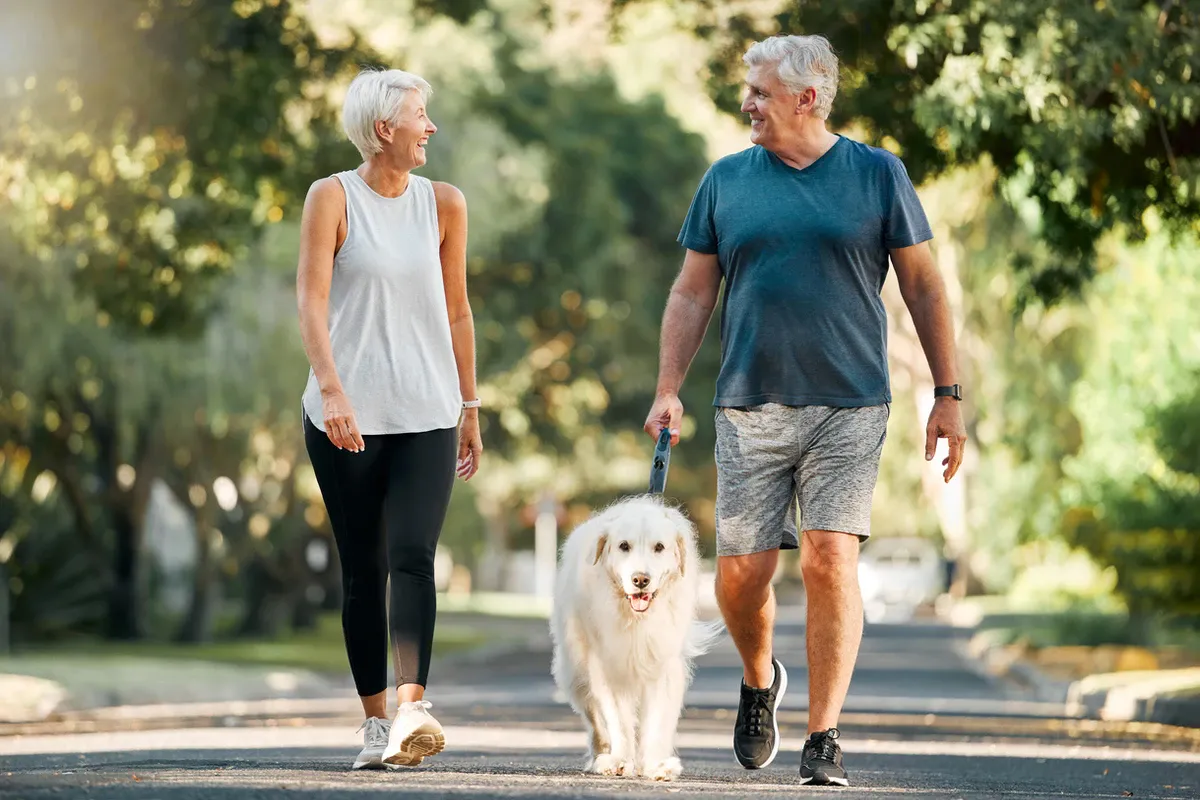
It’s natural to wonder how much change is “normal” as we grow older. Some days, you might pause mid-sentence looking for a word or feel a bit stiffer getting out of bed. These changes may prompt concern—but they’re often just part of healthy, normal aging.
In this article, we’ll walk through the most common signs of aging, what changes are expected with time, and how to distinguish them from symptoms that might need medical attention.
What Does “Normal Aging” Mean?
Aging is a lifelong process that brings physical, cognitive, and emotional changes. Normal aging doesn’t mean decline—it means adaptation. According to the Mayo Clinic, normal aging is a gradual process marked by natural changes in body systems such as the heart, bones, brain, and sensory organs. These changes are not necessarily signs of disease but rather expected adaptations that occur over time—and many can be managed through healthy lifestyle habits like staying active, eating well, and getting regular sleep.
Common Signs of Aging You Can Expect
Here are some natural, evidence-backed changes most people experience starting in their 50s, 60s, and beyond:
1. Mild Memory Lapses
It’s common to forget names or misplace items occasionally. A slower recall speed is normal and not necessarily a sign of dementia. You might walk into a room and forget why—but then remember a few minutes later. That’s a typical sign of healthy brain aging.
When to pay attention: Memory issues that interfere with daily life—such as getting lost in familiar places or forgetting common words—may be worth discussing with a doctor.
2. Changes in Vision
Presbyopia, or difficulty seeing things up close, typically begins in your 40s or 50s. Eyes may also become more sensitive to glare or need more light for reading. These are common signs of aging and are easily corrected with glasses or brighter lighting.
3. Hearing Changes
Hearing high-pitched sounds becomes more difficult with age. Many mature adults notice that conversations in noisy environments are harder to follow—this is called age-related hearing loss (presbycusis).
4. Joint Stiffness or Decreased Flexibility
Cartilage wears down over time, making joints feel stiffer or less flexible. Staying physically active can help maintain mobility and reduce discomfort. Some loss in bone density is also normal, but sudden pain or limited movement may signal a medical issue.
5. Slower Metabolism
As we age, metabolism naturally slows down. This may lead to gradual weight gain unless activity levels are maintained. Muscle mass also decreases, which contributes to changes in strength and endurance.
6. Skin and Hair Changes
With time, skin becomes thinner, less elastic, and drier. Wrinkles and age spots become more visible. Hair may be gray and thin. These changes are normal and vary by genetics, sun exposure, and lifestyle.
7. Reduced Bladder Control
Occasional urinary urgency or waking up at night to use the bathroom (nocturia) is common. These symptoms are often manageable with diet, hydration timing, and routine. However, if it is frequent or disruptive, talk with your doctor.
8. Decreased Taste or Smell
Some people experience dull taste buds or a reduced sense of smell. This is especially common after 60 and can affect appetite or enjoyment of meals.
9. Emotional Shifts or Mood Changes
It’s normal to become more reflective or to process stress differently with age. While many mature adults feel more content with time, others may experience mood changes. Sleep, health issues, or social shifts can play a role.
Signs You Are Aging Well
Aging well isn’t about avoiding every wrinkle or never forgetting a name. It’s about maintaining:
- Social connection and emotional balance
- Physical activity and nutrition
- Curiosity, purpose, and engagement
According to WebMD, staying active, eating a balanced diet, managing stress, and getting enough sleep are all important factors that support healthy aging. Daily walks, nutritious meals, and consistent rest can help your body adapt to age-related changes more effectively.
What Aging Is Not: When to Seek Help
While many signs of aging are natural, some symptoms may point to underlying health concerns:
- Rapid memory loss
- Unexplained weight loss
- Frequent confusion or changes in behavior
- Sudden weakness or chronic pain
- Loss of interest in daily life or ongoing sadness
If you or someone you love shows these signs, it’s important to consult a medical provider for a proper evaluation.
Supporting Healthy Aging at Arbors Memory Care
At Arbors Memory Care in Sparks, NV, we support residents with understanding, respect, and care that meets them where they are. Our goal isn’t just to meet medical needs—it’s to honor each person’s independence and well-being as they navigate this stage of life.
Whether you’re navigating typical signs of aging or starting to notice memory changes, our team is here to guide you with compassion and clarity.
Learn more about our approach to Memory Care in Sparks, NV, and how we create comfort, structure, and connection.
FAQs About the Signs of Aging
1. What are normal signs of aging at 50 or 60?
Slower recall, mild hearing or vision changes, stiff joints, and thinner skin are typical after 50 or 60.
2. How do I know if I’m aging well?
You stay active, engaged, socially connected, and maintain independence and good health markers.
3. Are mood changes part of aging?
Occasionally, yes. But persistent sadness or withdrawal may be signs of depression—not just aging.
4. Is memory loss normal as I age?
Mild forgetfulness is common. Repeating questions or getting lost should be evaluated by a provider.




